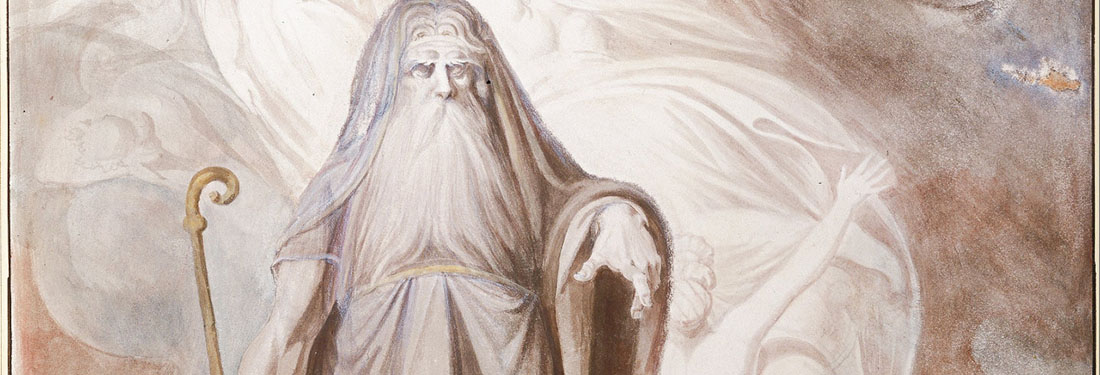
Having recovered from today’s five hour dress rehearsal at the Met, La Cieca’s spy Barnaba offers this report:
There isn’t much point to doing La Gioconda in this day and age if you haven’t got a cast who can put it over. Wonder of wonders, the Met has dug its ancient (1967) staging out of the basement and put it back on the stage for which it was designed with a worthy cast of singers and no attempt to update the staging for contemporary tastes that might not approve of this most old-fashioned of grand operas. At the dress rehearsal, though lighting cues were all over the place (is Act IV in day or night? Where does that spotlight aim? And shouldn’t there be smoke machines full blast at the end of Act II?), what we got was a real live old-time Gioconda, minimal stand-and-deliver acting, fuzzy cues and all.
All honor first and foremost to Violeta Urmana, whose opulent unstrained soprano gave point to the enterprise and makes one hope the Verdi repertory (Aida, Stiffelio, Forza, Ballo) need not be consigned to the scrap heap just yet. A little unsteady on the floated pianissimi of “Enzo adorato” (I’m sure she’ll have that down by later performances), she was passionate in well-supported flood everywhere else in this intense, verismo-foreshadowing role. Olga Borodina had no problems at all singing Laura, her mezzo foil — if anything, she might hold back a bit to suit her character’s more retiring nature — but she seemed a bit confused at times about how to conceal/revealher identity and how much time she needed to swallow a potion and head for the catafalque. Irina Mishura sang a splendid La Cieca, a bit overdoing the arms-stuck-out-before-her blind lady bit.
The men were not quite of this quality, but nothing to sneeze at. Debutant Zeljko Lucic, another strapping baritone (let me get that in before Tommasini does), sang a thrilling Barnaba, almost too suave to snarl. Aquiles Machado, built like a fireplug and every bit as sexually alluring, attended the same school of acting as Francisco Casanova, but he manages the romantic phrasing of an Italian tenor part with a grainy but attractive sound. (I can’t understand why the Met did not give Giordani this role — I gather he will take it over later in the season.) Paata Buchuladze sang Alvise with a cavernous sound not, methinks, ideal for Italian opera but not inappropriate for this unpleasant figure. Among the many small roles, I especially liked Ricardo Lugo’s Monk — he’d make a good cover for Alvise. And let me not forget Angel Corella, borrowed from ABT, who makes a galactic star turn out of the Dance of the Hours.
Bertrand de Billy conducts with genuine old-fashioned excitement and no condescension to Ponchielli, one of the few composers of his day willing to admit the influence of Verdi and much admired by him in return. True opera lovers can be distinguished by the fact that they love every silly note of this opera, and they will be in pig heaven at this revival.
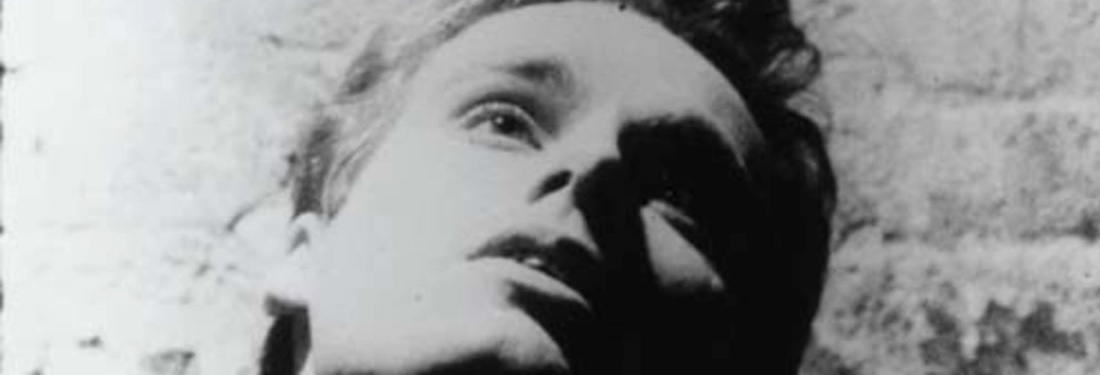
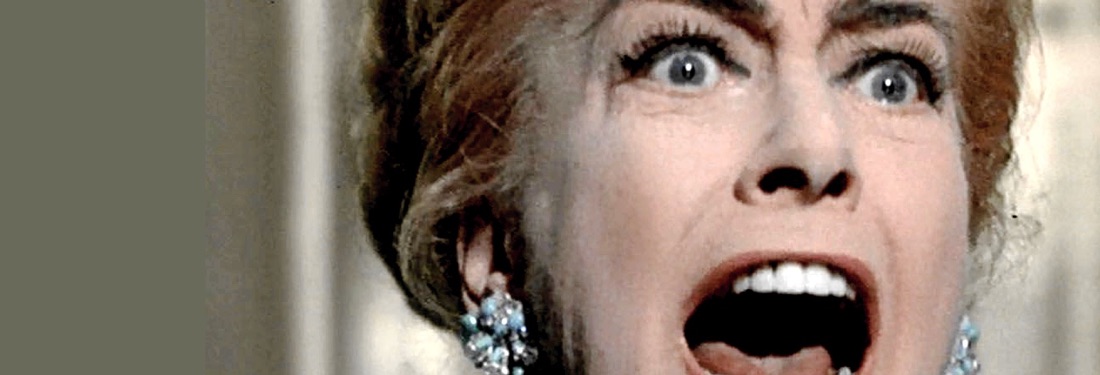
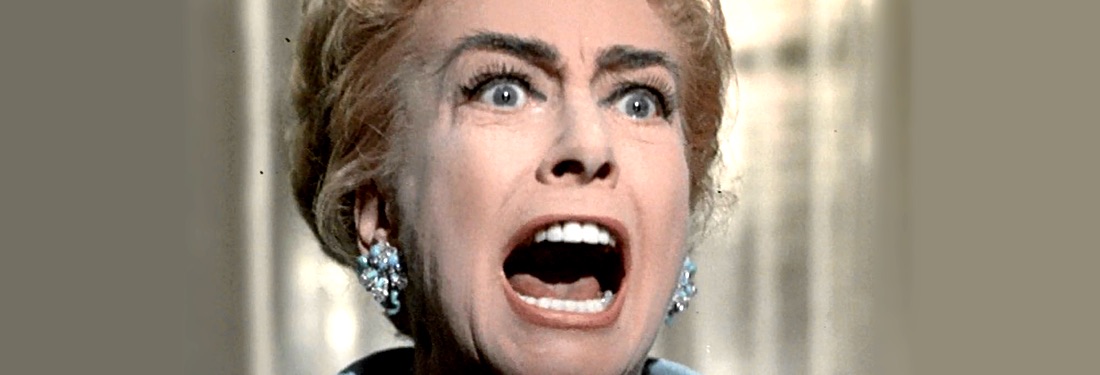
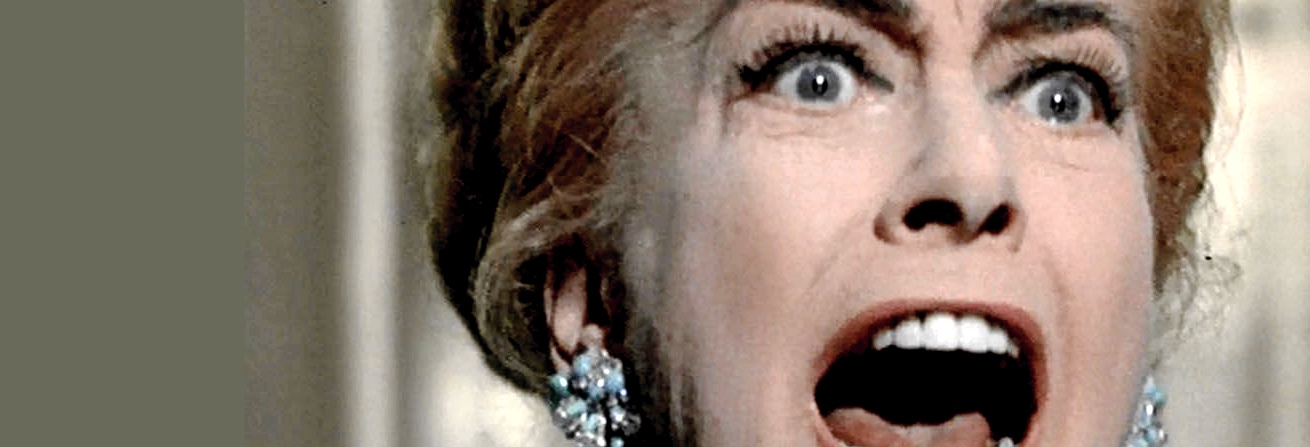
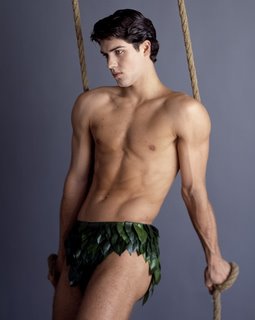
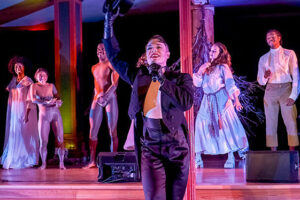
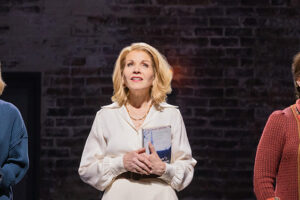
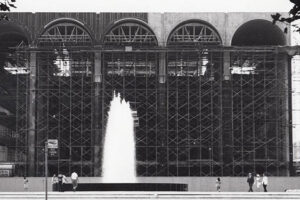





Comments